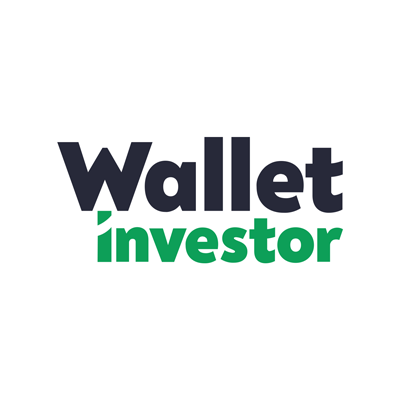Breaking Down the Block: Grasping the Security Advantages of Blockchain Technology
0
0

Breaking Down the Block: Grasping the Security Advantages of Blockchain Technology
It’s no secret that technology is advancing at an astonishing pace, revolutionizing the way we live, work, and interact. One such technological marvel that has garnered significant attention in recent years is blockchain technology. Originally introduced as the underlying framework for cryptocurrencies like Bitcoin, blockchain has since expanded its reach and potential, promising to transform various industries, from finance to supply chain management.
But what exactly is blockchain, and why is it being hailed as a game-changer? To put it simply, blockchain is a decentralized, distributed ledger that records transactions across multiple computers. Unlike traditional centralized systems, where a single authority controls the entire database, blockchain allows for a network of participants to collectively validate and maintain the integrity of the data.
So, what are the security advantages of this innovative technology? Let’s dive in and explore the ways in which blockchain enhances security and reduces vulnerabilities.
1. Immutable and Tamper-Proof Records
One of the key features of blockchain is its immutability. Once a transaction is recorded on the blockchain, it becomes nearly impossible to alter or delete. Each transaction is linked to the previous one through cryptographic hashes, creating a chain of blocks that ensures the integrity of the data. This tamper-proof nature of blockchain makes it an ideal solution for industries that require a high level of data integrity, such as financial institutions and healthcare providers.
2. Decentralization and Consensus Mechanisms
By distributing the ledger across multiple computers or nodes, blockchain eliminates the need for a central authority, reducing the risk of a single point of failure or malicious attack. Consensus mechanisms, such as Proof of Work (PoW) or Proof of Stake (PoS), ensure that all participants agree on the validity of transactions, further enhancing the security of the network. This decentralized nature of blockchain makes it highly resistant to hacking or data manipulation.
3. Enhanced Privacy and Data Protection
In traditional systems, sensitive data is often stored in centralized databases, making it an attractive target for hackers. Blockchain, on the other hand, employs advanced cryptographic techniques to protect data privacy. Each participant in the network has a unique cryptographic key, allowing for secure and private transactions. Additionally, blockchain can enable selective disclosure, where only the necessary information is shared, ensuring that sensitive data remains confidential.
4. Auditable and Transparent Transactions
Transparency is another key advantage of blockchain technology. Every transaction recorded on the blockchain is visible to all participants, creating a transparent and auditable system. This level of transparency not only promotes trust among participants but also acts as a deterrent for fraudulent activities. In industries like supply chain management, blockchain can provide a verifiable record of every step in the process, ensuring accountability and reducing the risk of counterfeit or tampered goods.
In conclusion, blockchain technology offers a myriad of security advantages that have the potential to transform industries and redefine trust in the digital age. From its immutable and tamper-proof records to its decentralized and auditable nature, blockchain provides a robust solution to the security challenges faced by traditional systems. As blockchain continues to evolve and find new applications, it is crucial for businesses and individuals to grasp its potential and harness its security advantages to create a more secure and trustworthy future.
0
0
 Manage all your crypto, NFT and DeFi from one place
Manage all your crypto, NFT and DeFi from one placeSecurely connect the portfolio you’re using to start.





